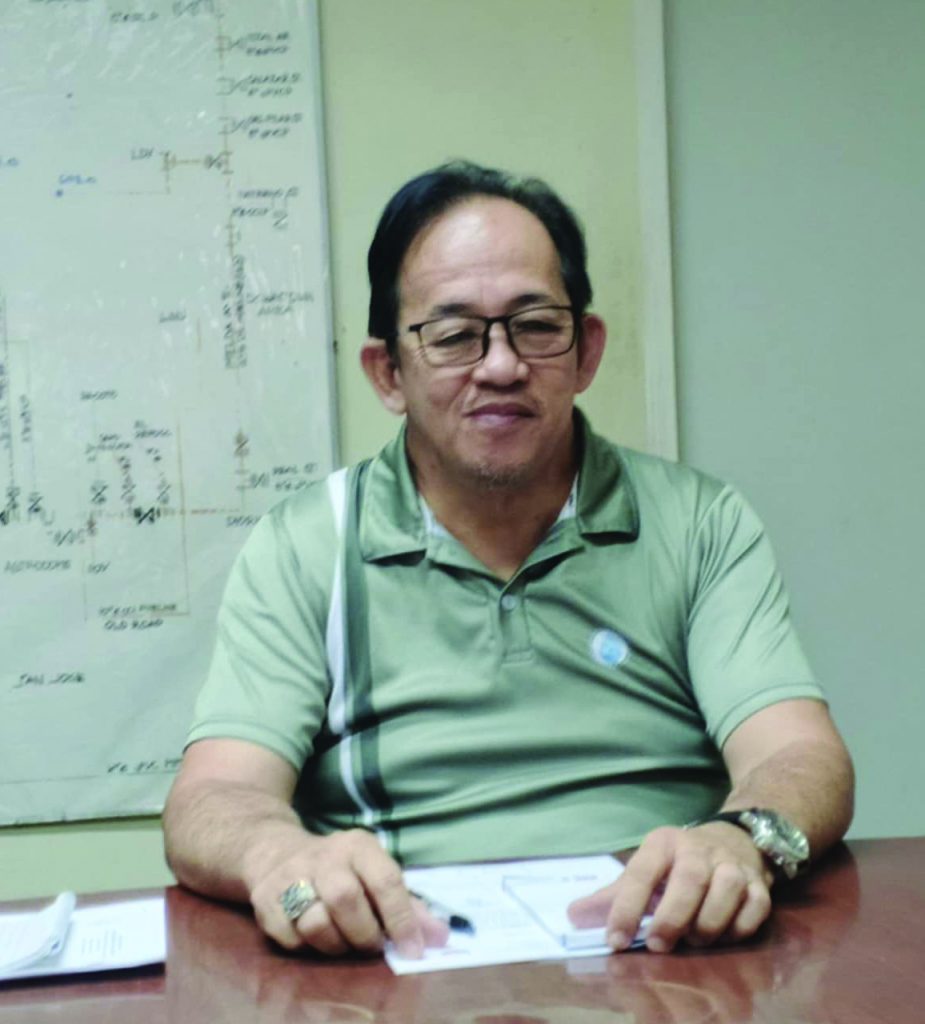Over alleged violations

TACLOBAN CITY – The Leyte Metropolitan Water District (LMWD) has formally moved to terminate its joint venture agreement with PrimeWater Infrastructure Corp., citing multiple violations and mounting complaints of poor service from consumers.
This was confirmed by LMWD general manager Ronnie Cornico, who also expressed full support for President Ferdinand “Bongbong” Marcos Jr.’s directive to investigate the Villar-owned water utility firm over alleged poor performance in various areas of the country.
Cornico said PrimeWater failed to meet several key performance targets outlined in the 25-year agreement signed in 2019. The contract, originally set to run until 2044, was reviewed this year in line with the five-year evaluation clause.
“Based on our detailed review, PrimeWater failed to meet its obligations within the initial five-year period of the joint venture agreement,” Cornico said in a media interview on Tuesday, May 6.
He added that the LMWD board of directors passed a resolution on Monday, May 5, to formally disengage from PrimeWater. A copy of the resolution has been forwarded to the Local Water Utilities Administration (LWUA), which regulates water districts nationwide.
Among the major violations cited by Cornico were its failure to reduce non-revenue water (NRW), or system loss due to leaks, which stands at 34%—significantly higher than LWUA’s acceptable standard of 20% and its inability to maintain minimum water pressure, as stipulated in the agreement.
Also, the PrimeWater committed to providing 10 psi (pounds per square inch) but reportedly only delivers around 2 psi, resulting in low supply; non-payment of its contractors, which has hampered repairs of leaking pipes and infrastructure; failure to deliver water supply to areas with no connections, particularly in the northern part of Tacloban where Super Typhoon ‘Yolanda’ survivors were relocated.
Also, its failure to expand service connections of 58,000 within the first five years since the agreement took effect.
At present, it only managed to provide water connections to 54,809.
Cornico also noted that despite these deficiencies, PrimeWater continued to accept new applications, causing a backlog of thousands of pending service connection requests.
“We fully support the President’s initiative to investigate PrimeWater. We hope this leads to better services not only for us in Tacloban and Leyte, but for all affected areas,” Cornico said.
He added that LMWD had repeatedly written to PrimeWater to raise concerns and urge improvements, but received no satisfactory response.
“We sent several letters, but they either went unanswered or were met with empty promises. This is not about politics—it’s about addressing the legitimate concerns of our concessionaires who deserve better water service,” Cornico stressed.
Should the termination be finalized, LMWD is considering two options which include taking back full control and operation of the utility, or to seek a new joint venture partner through competitive public bidding.
The LMWD–PrimeWater serves Tacloban City and the towns of Palo, Sta. Fe, Tolosa, Jaro, Tabon-Tabon, and Pastrana, where much of its water supply is sourced.
The agreement between LMWD-PrimeWater came into being after the city government of Tacloban managed to secure control of said water facility from the Leyte provincial government in 2018.
JOEY A. GABIETA, LIZBETH ANN A. ABELLA



